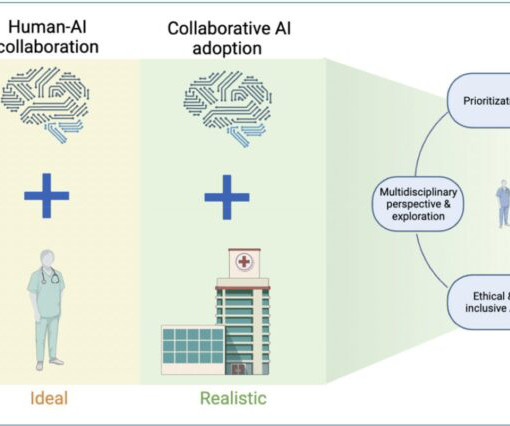Should Physicians Follow Hollywood's Script?
Sensible Medicine
APRIL 10, 2025
I’ve already gotten pretty bored reading about AI in medicine. So many of the articles cover the same ground, either breathlessly celebrating AI’s promise or bemoaning the brave new world on the horizon. This article from Dr. Mendoza made me feel embarrassed that I have not even considered this angle. Adam Cifu This Substack is reader-supported.















Let's personalize your content